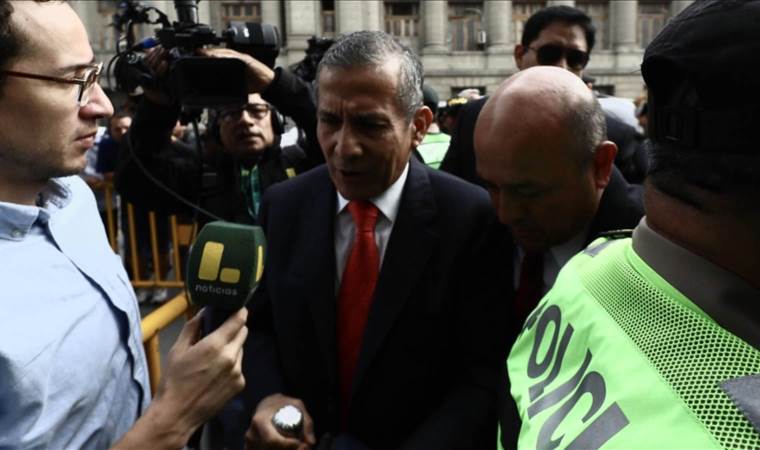Authors Columns of the Day Sport Guest Life All Authors
From Mecelle to Civil Code: Sharia and Islam
It continues by stating that very few of the rules set by those who claim to govern their people in the name of Islam are directly based on verses from the Quran and are generally derived from interpretations made according to the conditions of the era being governed.
The declaration, based on the historical reality that each "Islamic State" implemented its own "Sharia," states, "In Islamic history, a single, unified understanding of Sharia cannot be mentioned. There are dozens of interpretations and applications of Sharia related to both jurisprudential and theological matters."
In this context, it rightfully concludes that "it is impossible to give credence to Sharia demands that do not consider the legal evolution experienced by humanity and Muslims."
It also highlights the historical nature of the set of rules referred to as "Sharia":
"Although it included initial practices that led to change and transformation in the Arab society of the time, today it can only be meaningful for law history lessons in academia as a set of rules that cannot be applied."
The declaration notes that the rules valid for Arab society in the sixth and seventh centuries have no counterpart in contemporary life and lists the areas of contradiction between the Arab society of that era and the requirements of today's daily and political life, explaining why the Sharia of that time cannot be valid today:
"The inclusion of polygamy, the institution of slavery, child marriages, gender segregation, the secondary status of women in terms of rights, the execution of apostates, and takfirism, along with its economic theories being too simple to address today's complex economic relations, and its political system envisioning an authoritarian and totalitarian regime, makes Sharia unacceptable and impossible."
The declaration has been meticulously prepared.
It references both Abu Hanifa, the founder of the Sunni Hanafi school, which is predominant among Anatolian Muslims, and the legal system implemented by the Ottoman Empire, which ruled the Islamic world for centuries, by referring to the Mecelle, which combined Sharia and customary law:
"As the great Islamic scholar Abu Hanifa said, religion is the monotheistic belief that has existed since Adam and never changes.
But Sharia changes. Indeed, throughout history, each community has had its own Sharia.
As stated in the Ottoman Mecelle, 'The change of times necessitates the change of rulings.'"
According to the rule of the Mecelle, even in Ottoman Law, it is noted that for "legal rules," meaning "Sharia," "with the change of times, rules, that is, interpretive judgments and interpretations (ahkam), change and need to be renewed."
However, it is known that the Islam expressed by the Quran is immutable.
The declaration by the 14 Islamic scholars is an explanation that conveys the historical, political, economic, and cultural significance and importance of the great revolution made by Mustafa Kemal Atatürk from the perspective of Islam, highlighting the establishment of the Republic, the Democratic and Secular Social Law State, in a Muslim society.
Yazarın Son Yazıları All Columns
Günün Köşe Yazıları
Most Read News
-
 Journalist Avaz Zeynalli diagnosed with cancer in prison
Journalist Avaz Zeynalli diagnosed with cancer in prison
-
 ‘No reason for gram of food or aid to enter Gaza’: Israe
‘No reason for gram of food or aid to enter Gaza’: Israe
-
 French justice minister labels prison attacks as ‘terror
French justice minister labels prison attacks as ‘terror
-
 South Korean police raid presidential office over martia
South Korean police raid presidential office over martia
-
 Peru's ex-President Humala, wife sentenced to 15 years f
Peru's ex-President Humala, wife sentenced to 15 years f
-
 European Commission proposes 1st list of safe countries
European Commission proposes 1st list of safe countries
-
 Trump administration eyes closure of nearly 30 US embass
Trump administration eyes closure of nearly 30 US embass
-
 Trump says China withdrawn from Boeing deal
Trump says China withdrawn from Boeing deal
-
 EU’s von der Leyen: ‘The West as we knew it no longer ex
EU’s von der Leyen: ‘The West as we knew it no longer ex
-
 Israel says its army to remain in Gaza in ‘any temporary
Israel says its army to remain in Gaza in ‘any temporary











